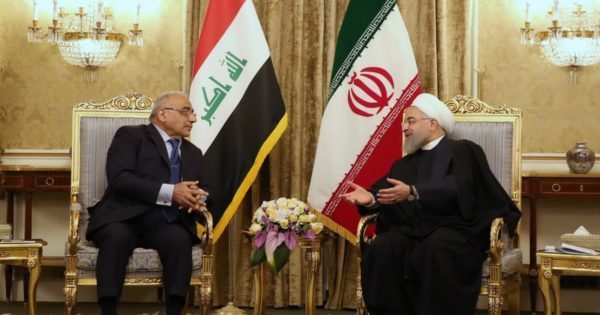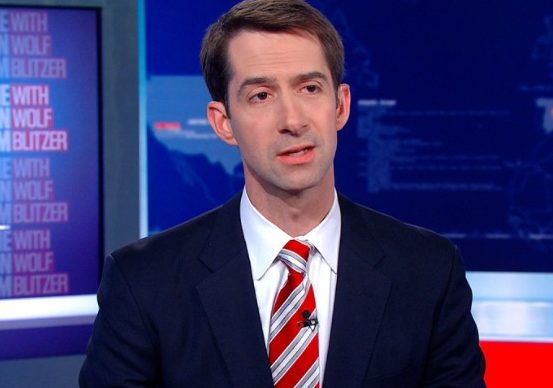August 09, 2019

Iraqi Prime Minister Adel Abdul-Mahdi made a surprise six-hour visit to Tehran July 22, accompanied by a high-ranking Iraqi delegation including Falih al-Fayyadh, the head of the Popular Mobilization Units (PMU), the Iranian-backed militia bands.
Abdul-Mahdi met with President Rohani and discussed the PMU and the impact of Iran-US tensions on Iraq. Al-Monitor reported that Rohani reassured Abdul-Mahdi that Iran would assist Iraq in bringing all PMU factions under state control.
Abdul-Mahdi issued a decree in June ordering all PMU factions to merge with state forces and come fully under his command as chief of the armed forces.
Abdul-Mahdi gave the PMU until July 31 to either abide by the decree or become a political party or civil organization and hand over all weapons to the government.
Some Iran-backed PMU factions, like Kataeb Hezbollah, slammed Abdul-Mahdi’s decree, calling it a regional and international scheme that “would weaken security” and “streng-then the presence and goals of the American enemy, producing another [Islamic State].”
As the deadline neared for the PMU to abide by the decree, Abdul-Mahdi was seeking Iranian support to curbing the militias’ independence. Sometimes, the PMU acts independent from the Iraqi state and only obeys Iranian commands.
A senior Iraqi official who accompanied Abdul-Mahdi on his trip to Tehran told Al-Monitor that the Iraqi delegation received assurances from the highest Iranian authorities—in reference to Supreme Leader Ali Khamenehi— that Iran would assist Iraq in extending state control over the militias.
Over the last few months, several attacks were launched against US interests in Iraq: at the US Embassy in Baghdad’s Green Zone; on US troops at Balad air base; and on an Exxon Mobil oilfield in Basra. In return, US Secretary of State Mike Pompeo has warned Iraq that the United States would target Iran-backed militias in Iraq if US interests were targeted.
A PMU base in northern Salahuddin province was bombed in mid-July. Although the United States denied responsibility for the attack, US officials said they were aware of it before it occurred, raising the possibility that US allies like Israel or Saudi Arabia were behind the attack. Iraqi news reports said two Pasdaran at the base were injured in the attack and one Iraqi militiaman killed.
Further news reports in successive days have asserted that Israel sent US-made F-35 warplanes to bomb the base.
Iraqi Finance Minister Fuad Hussein warned July 23 about the dangerous consequences of blocking the Strait of Hormuz, as Iran has threatened to do if the US cuts Iranian oil exports to zero. “If the Strait of Hormuz is closed, it will be very difficult for Iraq to export its oil, which is a disaster for Iraq,” he said.
A day after Abdul-Mahdi’s visit, he said the integration of the PMU “will take a long time. It won’t be easy either.” He said he does not intend to dissolve or weaken the PMU. The PMU will not be integrated into the Iraqi army, he said. The PMU will act as a separate force.



















